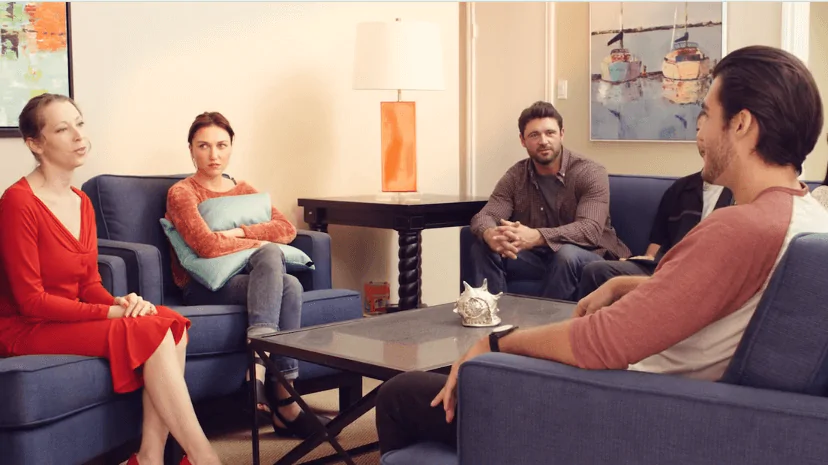24/7 Helpline:
(866) 899-111424/7 Helpline:
(866) 899-1114
Learn more about Partial Hospitalization Program centers in Okemah
Partial Hospitalization Program in Other Cities

Creoks Mental Health Services
Creoks Mental Health Services is a private rehab located in Okemah, Oklahoma. Creoks Mental Health S...
























Other Insurance Options

WellCare Health Plans

Providence

Ceridian

Holman Group

Magellan Health

Molina Healthcare

AllWell
Beacon

Horizon Healthcare Service

Private insurance

Premera

Ambetter

CareFirst

Covered California

Multiplan

Oxford

Humana

Medical Mutual of Ohio

MHNNet Behavioral Health

Health Partners